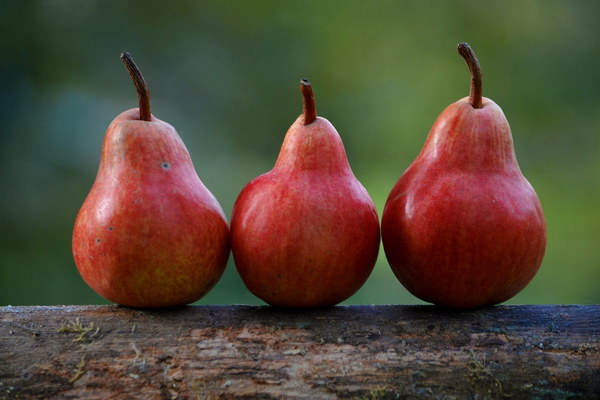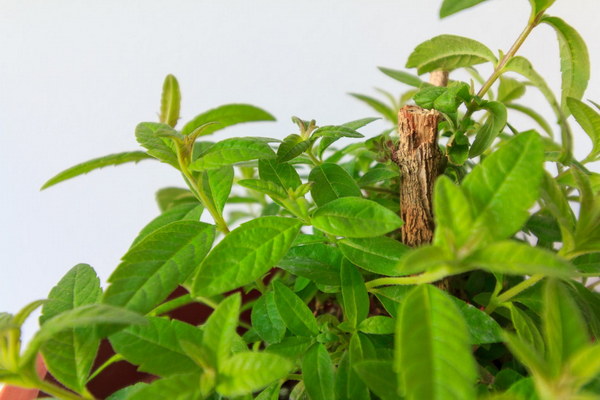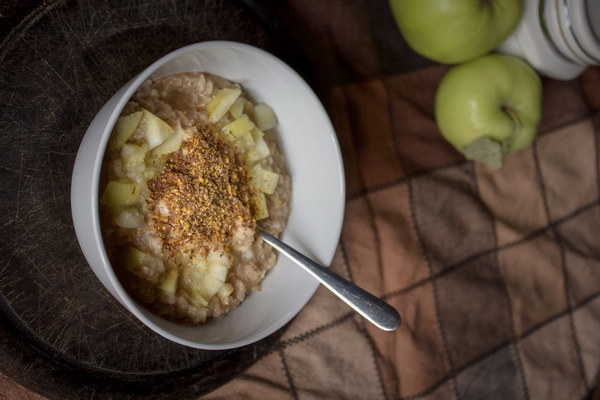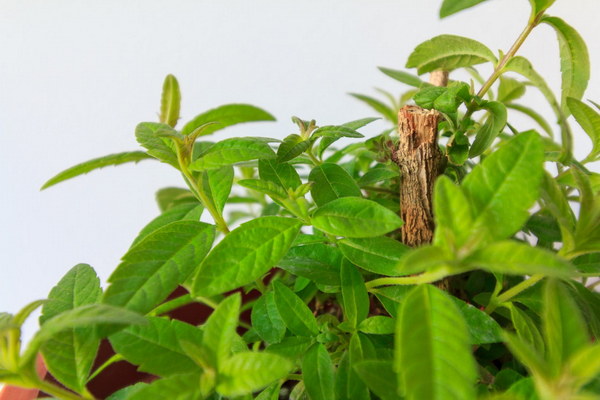Can Men on Kidney-Boosting Chinese Medicine Consume Taro (Konjac) A Nutritional Guide
Introduction:
The consumption of traditional Chinese medicine (TCM) for kidney health has gained popularity among men seeking natural remedies. However, the question arises whether it is safe to include certain foods, such as taro (konjac), in their diet while on such treatments. In this article, we delve into the nutritional aspects of taro and its compatibility with kidney-boosting Chinese medicine to provide a comprehensive guide for those seeking to maintain a balanced diet.
The Nutritional Profile of Taro (Konjac):
Taro, also known as konjac, is a starchy root vegetable native to Southeast Asia. It is rich in dietary fiber, low in calories, and contains a variety of vitamins and minerals. Taro is a good source of vitamin C, B vitamins, potassium, and calcium, making it a nutritious addition to a healthy diet. However, its unique composition raises concerns about its interaction with kidney-boosting Chinese medicine.
Potential Concerns:
One of the primary concerns when considering the consumption of taro while on kidney-boosting Chinese medicine is its high potassium content. Potassium is an essential mineral for maintaining proper heart and muscle function, but excessive levels can be harmful for individuals with kidney issues. Additionally, taro contains oxalates, which can contribute to kidney stones in susceptible individuals.
Compatibility with Kidney-Boosting Chinese Medicine:
Traditional Chinese medicine often aims to balance the body's yin and yang, which includes maintaining kidney health. While taro is not contraindicated in kidney-boosting medicine, it is important to consider the following:
1. Moderation: Taro can be included in the diet in moderation, especially for those with normal kidney function. However, excessive consumption may pose risks.
2. Monitoring Potassium Levels: Individuals on kidney-boosting Chinese medicine should monitor their potassium levels closely. If their kidney function is compromised, they may need to limit their intake of high-potassium foods like taro.
3. Oxalate Content: Those with a history of kidney stones should be cautious with taro due to its oxalate content. It is advisable to consult with a healthcare professional before incorporating taro into their diet.

4. Compatibility with Other Ingredients: TCM formulas can vary in their composition and intended effects. It is crucial to consider the specific ingredients in the kidney-boosting medicine and ensure that taro does not interfere with its efficacy.
Conclusion:
In conclusion, while taro (konjac) is a nutritious food with potential health benefits, it is important for men on kidney-boosting Chinese medicine to approach its consumption with caution. Moderation, monitoring potassium levels, and considering individual health conditions are key factors to ensure a safe and effective dietary regimen. Consulting with a healthcare professional or a TCM practitioner is highly recommended to tailor dietary recommendations to individual needs and ensure the compatibility of taro with the specific kidney-boosting medicine being used.









